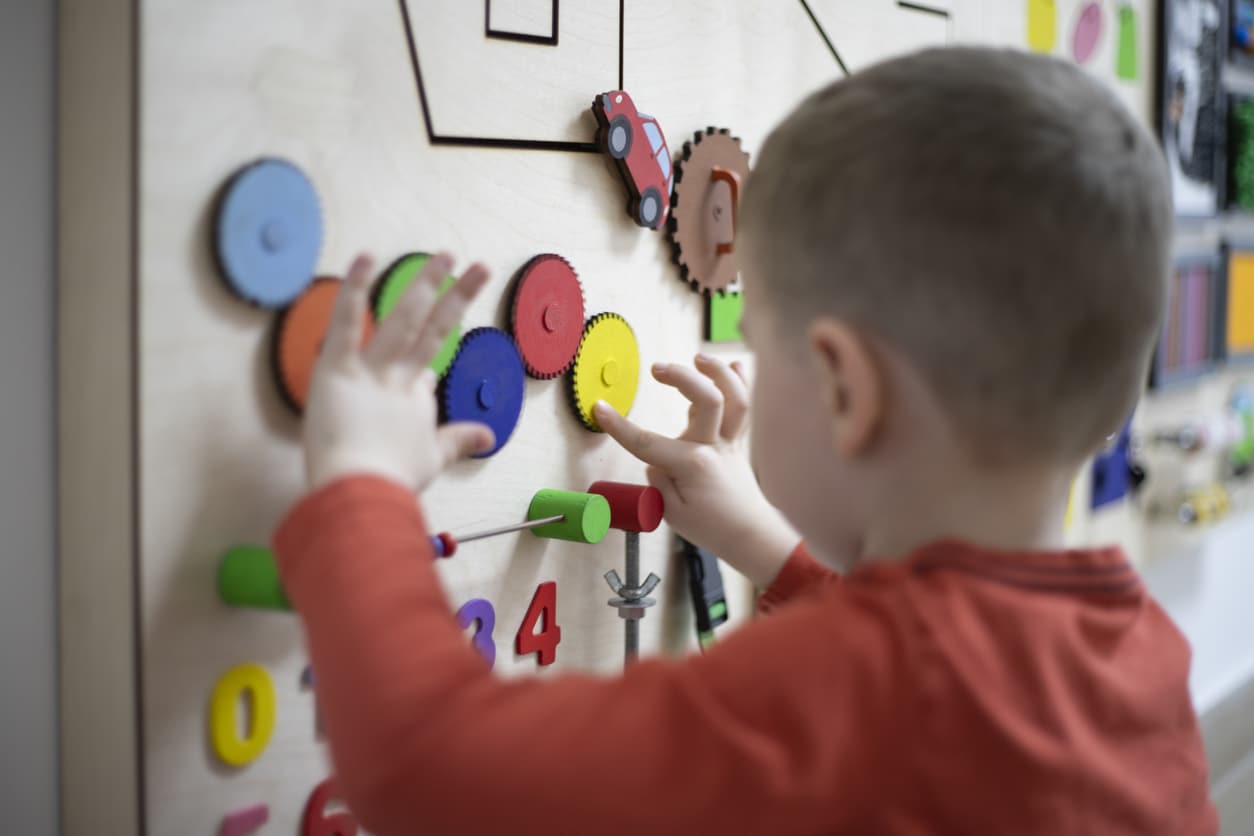
While the awareness and understanding of autism spectrum disorder has improved, there are still many autism myths that need to be dispelled. By providing accurate information in response to common myths surrounding autism, we can foster a more inclusive society to ensure individuals with autism receive the respect and support they deserve.
Myth #1: Autism is caused by bad parenting.
Despite widespread awareness, the belief that autism is caused by inadequate parenting still persists. It is essential to dispel this myth and understand that autism is a neurodevelopmental disorder with a strong genetic link. Research suggests that a combination of genetic and environmental factors, like premature birth and pregnancy complications, contribute to its development. Autism is not a reflection of parenting skills or love given by caregivers.
Myth #2: Autism can be cured.
Autism is not a disease with a known cure. It is a lifelong condition that affects individuals differently. However, early intervention and evidence-based therapies, such as Applied Behavior Analysis (ABA), can significantly improve an individual’s quality of life by fostering essential skills, promoting independence, and reducing challenging behaviors.
Myth #3: All children with autism are gifted.
While it is true that some individuals with autism possess remarkable abilities in specific areas, such as music, art, or mathematics, it is incorrect to assume that all individuals on the spectrum are gifted. Autism is a spectrum disorder, meaning it manifests differently in each individual. Each person has unique strengths and challenges, just like everyone else.
Myth #4: Autism is a childhood condition that children outgrow.
Autism is a lifelong condition; it does not disappear as a person gets older. However, with the right support, children with autism can learn coping strategies and develop key skills that help them navigate life more effectively. Transitioning from childhood to adulthood may present new challenges, but with appropriate resources and understanding, individuals with autism can lead fulfilling lives.
Myth #5: Children with autism lack empathy.
One of the most damaging myths is that individuals with autism lack empathy. In reality, individuals with autism experience and express empathy differently. While they may struggle with social interactions and understanding nonverbal cues, it does not mean they lack the capacity for empathy. With appropriate support and guidance, individuals with autism can develop meaningful relationships and show empathy in their unique ways.
Myth #6: Autism is a result of vaccines.
One prevalent myth that has been extensively debunked is the belief that vaccines cause autism. Numerous scientific studies have shown no link between vaccinations and the development of autism. Autism is a complex neurological condition that emerges early in life and is influenced by a combination of genetic and environmental factors at birth. It is crucial to research evidence-based information and ensure your child receives the necessary vaccinations to protect their health and well-being during childhood.
Myth #7: Children with autism are aggressive.
While some children with autism may exhibit aggressive behaviors, it is crucial to acknowledge that these behaviors are not inherent to the condition itself, but can arise due to underlying factors such as communication difficulties, sensory sensitivities, or frustration from struggling to express their needs effectively. This misconception fails to recognize the diverse range of behaviors and challenges experienced by children on the autism spectrum.
Myth #8: Children with autism prefer being alone.
One common misconception about autism is the belief that children on the spectrum prefer isolation and solitude. While it is true that some children with autism may exhibit social challenges in forming and maintaining social relationships, not all children prefer to be alone. Autism is a spectrum disorder, and individuals on the autism spectrum have varying preferences when it comes to social interactions. While some children with autism may find social situations overwhelming and may need time to recharge or engage in solitary activities, many others have a genuine desire for social connection and seek meaningful relationships.
At Wellspring Learning Centers, we believe in embracing the diversity of children on the autism spectrum and providing them with the support they need to reach their full potential. We offer a range of ABA therapy programs for preschool-aged children with a range of abilities, strengths, and challenges. Our next-level ABA center in Nashville, TN is elevating the standard ABA therapy into one that is highly professional, engaging, and compassionate. Contact us to learn more and get started today.